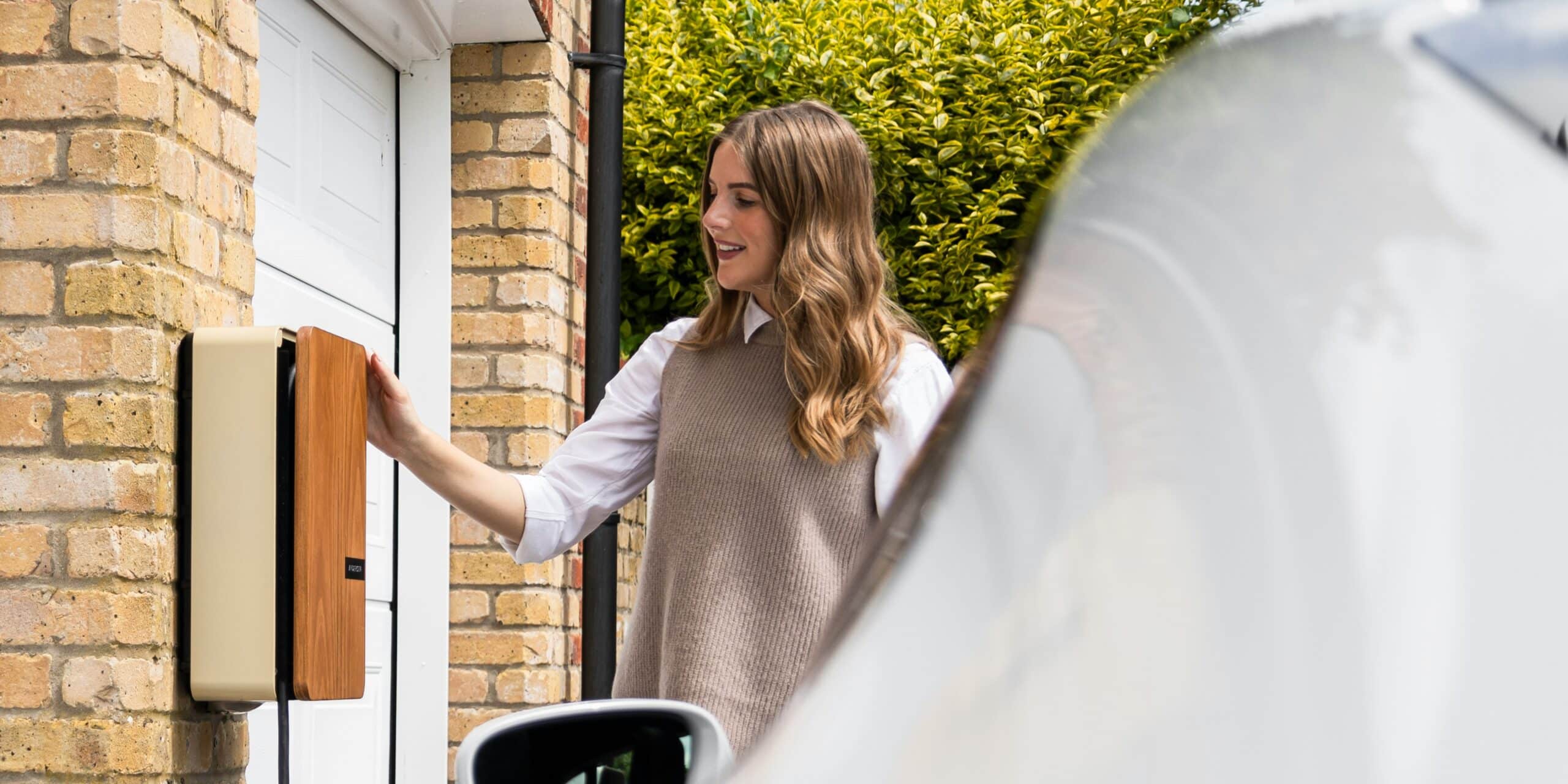Introduction:
Since 2020, rates of mental illness and stress have skyrocketed in children and teenagers. Coupled with a shortage of mental health care workers in most states, school districts are left scrambling to meet their students’ needs.
In Georgia, a mental health professional drought is making it difficult to pair students with therapists. There are simply too many kids who need support and not enough therapists in their area. Although online therapy in Georgia has helped bridge the gap, enabling students in rural or overpopulated areas to receive quality, one-on-one therapy, it is still time-consuming and can be expensive for schools.
In Atlanta, schools have found a unique and surprisingly effective solution: mindfulness breaks.
Mindfulness Breaks for School Children
Across the country, schools are implementing yoga, meditation, and mindfulness techniques throughout their school day to help kids center themselves, reduce levels of stress, and practice positive thinking. So far, most schools have seen tremendous success.
In Atlanta, schools have been providing virtual, pre-recorded mindfulness classes throughout the day. The nonprofit organization funding this—GreenLight Fund Atlanta—is known for meeting the needs of communities in and around Atlanta.
Teachers in these Atlanta schools can pause their teaching, dim the lights, and put on a short, 5-10-minute audio recording that walks kids of all ages through a mindfulness exercise. These exercises target specific age groups (young children can benefit from a different approach than teenagers) and use.
For example, some teachers may use an audio recording that walks their students through positive affirmations after a difficult math lesson. Halfway through the day, students may need to wind down and re-center themselves with a mindful stretching exercise.
There are even meditations made for kids, which walk them through imaginative visualizations that calm, strengthen, and center.
How Does Mindfulness for Kids Work?
Mindfulness has been around for centuries and has recently seen a resurgence in Western healthcare as studies show its usefulness in improving mental health. Can those healthcare benefits extend to children? Yes, definitely.
The goals of these mindfulness breaks are many. Teachers use them for:
- Reducing stress levels in their students
- Improving self-esteem and self-worth
- Calming energy levels
- Increasing focus and attention
- Improving mood
- Developing positive coping strategies
- Giving students a restful break
Traditional mindfulness can be difficult for a child to master. Long meditations or complex yoga moves might not be the best for a six-year-old. However, true mindfulness is not complicated and does not have to take up much time.
Mindfulness is simply the act of being mindful, which means drawing your attention to the present moment, your thoughts, your environment, or the sensations in your body. This is the core of mindfulness and something kids can pick up with the right instructions and space.
Can Kids Practice Mindfulness?
Yes! In fact, the CDC recommends mindfulness as a treatment and preventative modality for children’s mental health issues.
Mindfulness is healthy for children to practice, as early as kindergarten and even before! Kids can practice mindfulness by:
- Being aware of the colors and shapes around them
- Voicing what they’re feeling
- Repeating positive affirmations
- Noticing what their body is feeling
These are habits that can be easily woven into the routine of any child’s day and can help them with more than just school.
Mindfulness is a coping mechanism that can help children at school and in their personal lives, with whatever stressors they may be feeling. For example, if a child has a stressful personal life, the mindfulness they practice at school can help them learn healthy coping mechanisms that will help them manage the stress they feel at home.
In this way, mindfulness for kids works as a preventative measure: it helps prevent depression, anxiety, stress, and suicidal ideations.
How to find a therapist for children
For children who are experiencing moderate to severe mental health issues, mindfulness might not be enough. If they have experienced a trauma in their past, are exhibiting symptoms of depression, anxiety, or eating disorders, or have voiced thoughts of suicide or death, therapy may be necessary.
Talk therapy for children can help them address symptoms of mental health issues, learn healthy coping mechanisms, and heal from past hurts. It is important to address mental health issues in childhood so they don’t worsen as a child grows up.
Finding a therapist in your area who sees children and fits what you need can be difficult. Instead, online therapy can be just as effective. Our recommendation for the best child therapist in Atlanta is Lifebulb Counseling and Therapy, which has online therapists in Georgia you can choose from.
Published by: Holy Minoza









